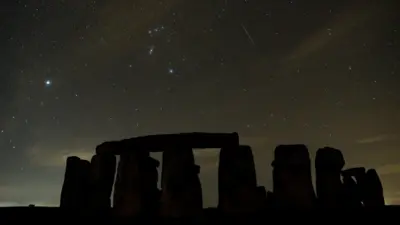We've updated our Privacy and Cookies Policy
We've made some important changes to our Privacy and Cookies Policy and we want you to know what this means for you and your data.
Edinburgh scientists work on restoring whisky flavours
Scientists are working on bringing whisky flavours from the early 19th Century back into production.
Researchers at Heriot-Watt University in Edinburgh are testing how the crops that were common back then respond to modern processing methods.
Over the next six years, they plan to test at least eight heritage barley varieties.
They want to find out whether old species of barley could create distinctive new whiskies.
One of the varieties they will be testing is a 200-year-old Chevallier, said to be the most popular barley in Britain for 100 years.
They will also test Hana, which was originally grown in Czech Moravia and was used to make the first blond Pilsner lager in 1842.
Another is Golden Promise, best known as the barley behind the iconic Macallan bottlings from the 1960s.
The team hopes the research will create new single malts for Edinburgh's Holyrood Distillery.
Flavours and aromas
Dr Calum Holmes, from Heriot-Watt, said: "New varieties of malting barley are developed regularly to improve processability and agronomic traits, and it's not uncommon to find some predominate the industry for a period of time.
"However, there's increasing interest within the malting and distilling industries to explore a role for older barley varieties.
"There's hope that using these heritage varieties of barley might allow for recovery of favourable aroma characteristics into distillate and some have also displayed potential resilience to stresses that might be expected in a changing climate."
Marc Watson, head of spirit operations at Holyrood Distillery, said: "We think there are clear sensory differences with using heritage barleys, but we wanted to back it up with science.
"It's using innovation to bring back characteristics that have been lost by switching to newer varieties of barley... flavours and aromas that haven't been present in whisky for decades, if not longer."
Top Stories
More to explore
Most read
Content is not available








